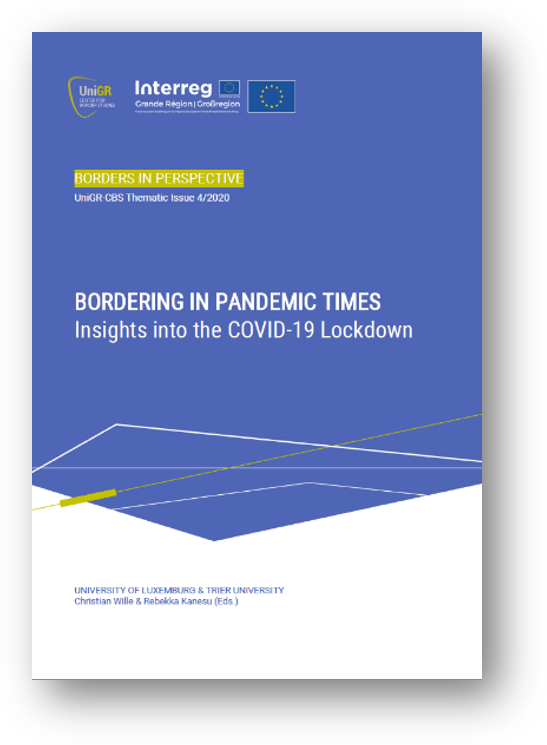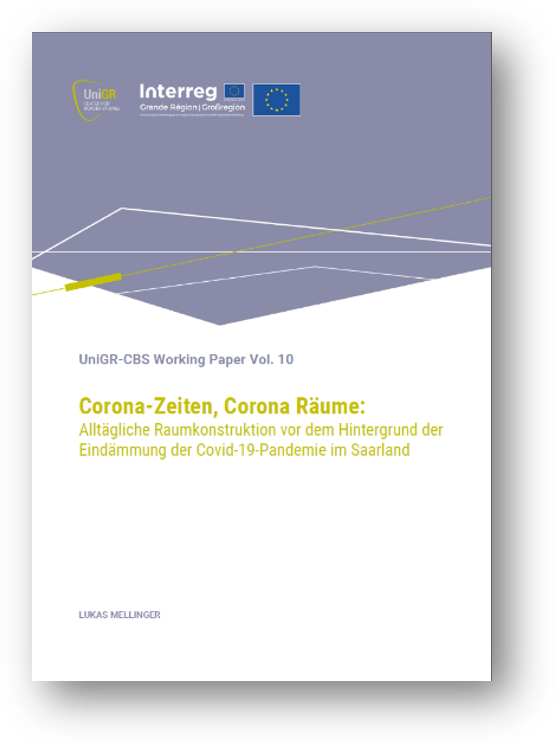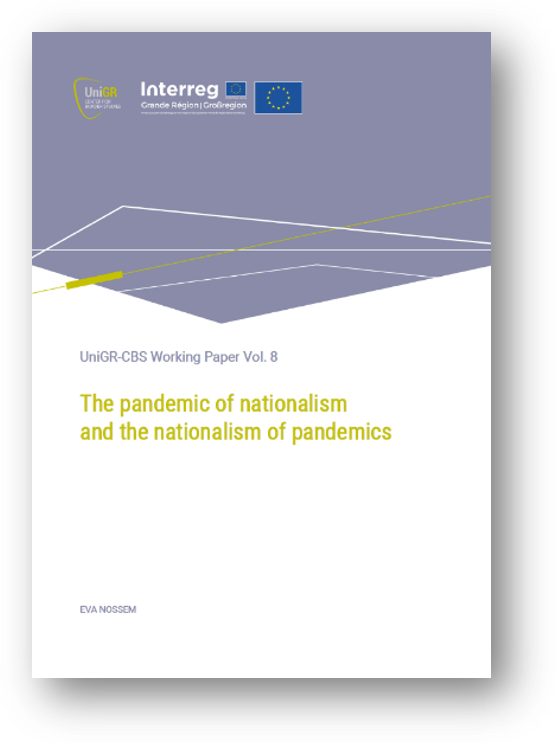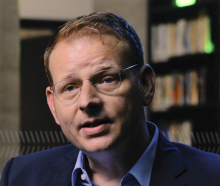Retrospective Spring 2020: The Covid-19 Border Closures
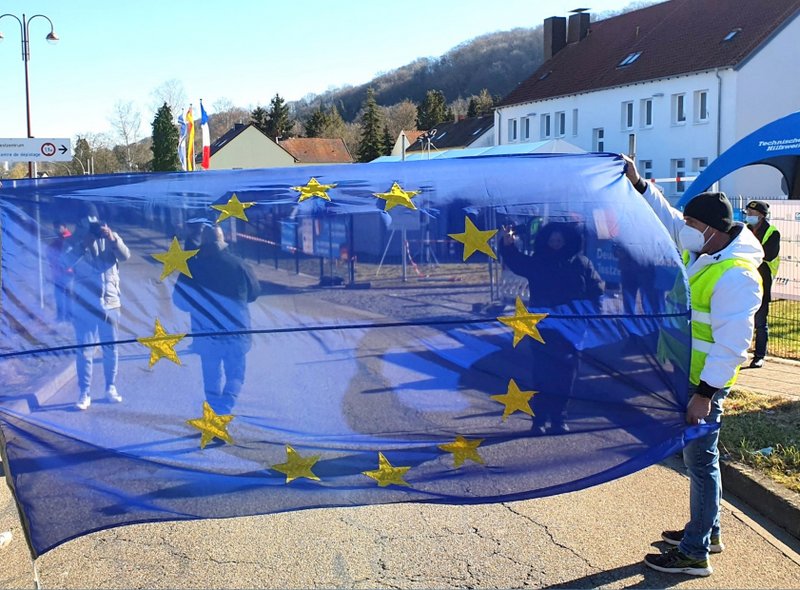
Retrospective Spring 2020: The Covid-19 Border Closures
A year ago, the Covid-19 pandemic led to massive and abrupt border closures. Especially the Greater Region with its close interconnections was affected: students, cross-border workers, families or other commuters at the border experienced the separation as a significant cut in their professional and everyday life. Currently, the border is again becoming perceptible, particularly in the Franco-German zone, due to stricter entry regulations and testing requirements. The UniGR-Center for Border Studies (UniGR-CBS) looks back on the border closures, which are still being debated.
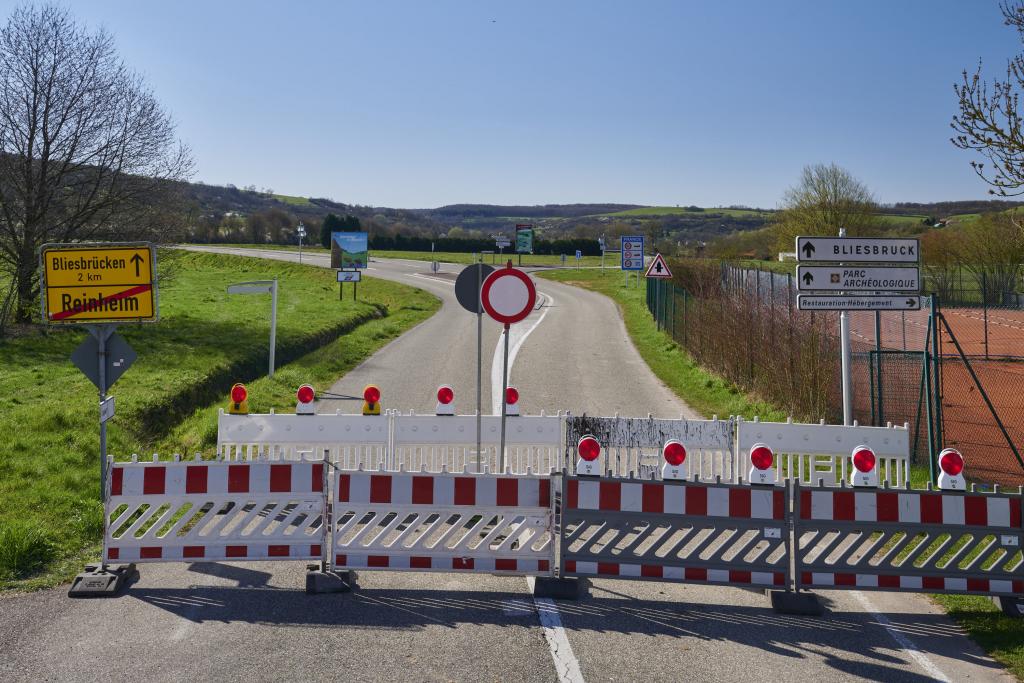
Reinheim / Bliesbruck (March 2020), © Marco Kany
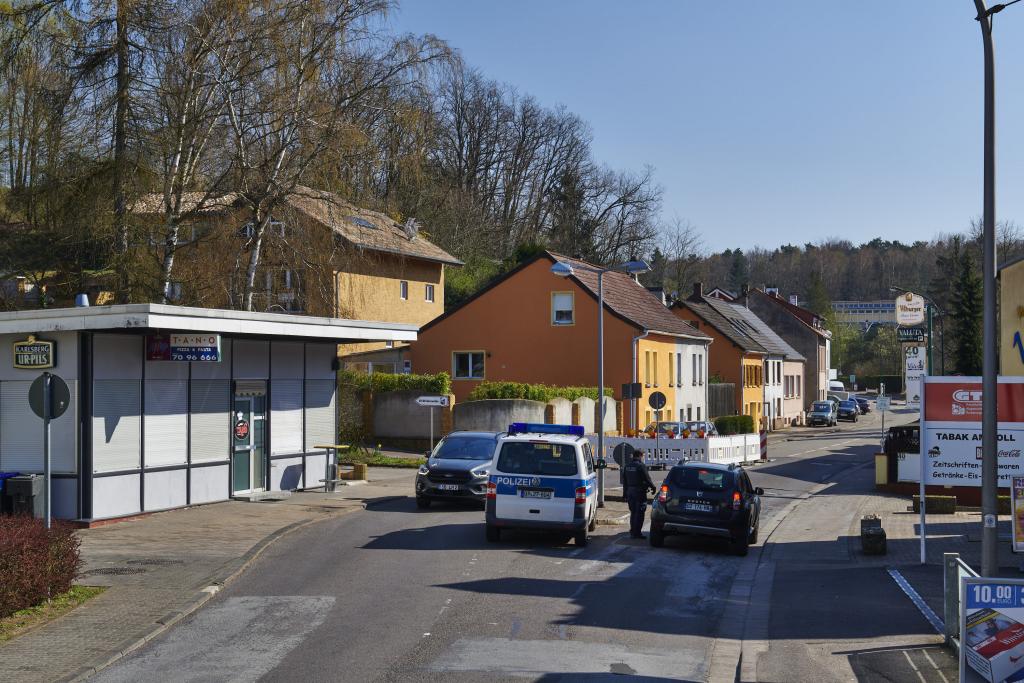
Gersweiler / Schoeneck (March 2020), © Marco Kany
The UniGR-CBS in discussion with the photographer Marco Kany
In March and April 2020, Marco Kany documented the borders between Saarland and Grand Est. The series of photographs shows until then unthinkable images in the Greater Region and how people lived with closed borders. Now – one year later – the UniGR-CBS talked to the photographer from Saarland. In the resulting video "Border Closures 2020" Marco Kany explains his motivation and experiences during the photo expedition along the border. The video and the photo series are available in the constantly updated Border Gallery on the UniGR-CBS website.
The UniGR-CBS gives insights into the COVID-19 lockdown
In spring 2020, the UniGR-CBS researchers processed their observations in the light of the still recent border closures. The resulting publication with German, French and English contributions provides insights into the question how the global pandemic was experiences and also considers social and health-related boundaries. The thematic issue "Bordering in Pandemic Times" is available in open access download on the UniGR-CBS website.
In addition, the UniGR-CBS published analysis on everyday life in Saarland during the lockdown and on language techniques used in public discourse to blame countries for the viral disease. The results are available online in the UniGR-CBS Working Papers "Corona Times, Corona Spaces" and "The pandemic of nationalism and the nationalism of pandemics".
The UniGR-CBS already organized a public roundtable on border closures in May 2020. The online event "Border realities in the Greater Region in times of the pandemic" with 100 participants was recorded and is available for replay on the UniGR-CBS website (video gallery).
The UniGR-CBS studies the current developments in the Greater Region
One year after the border closures in March 2020, the virus still has a tight hold on people’s life. The recent stricter test requirements for border crossings, especially at the French-German border, which have already raised public protests from border crossers, bear witness to this. The UniGR-CBS continuously observes the border management and its effects on people’s life and studies the current developments in the Greater Region.
Saarbrücken / Stiring-Wendel (March 2021), © Denise Rodrigues Marafona
Saarbrücken / Stiring-Wendel (March 2021), © Denise Rodrigues Marafona
In an edited book, UniGR-CBS member Florian Weber (Saarland University), together with Karl Terrollion (Head of the Saarland Office in Paris) and Roland Theis (Commissioner for European Affairs of the Saarland), reviews the 2020’s events at the Franco-German border. The contributing authors from the UniGR-CBS as well as from politics, economy, health and culture want to draw lessons for the future from the experiences made. The book "Grenzerfahrungen | Expériences transfrontalières. COVID-19 und die deutsch-französischen Beziehungen" will be published in summer 2021.
Contact


